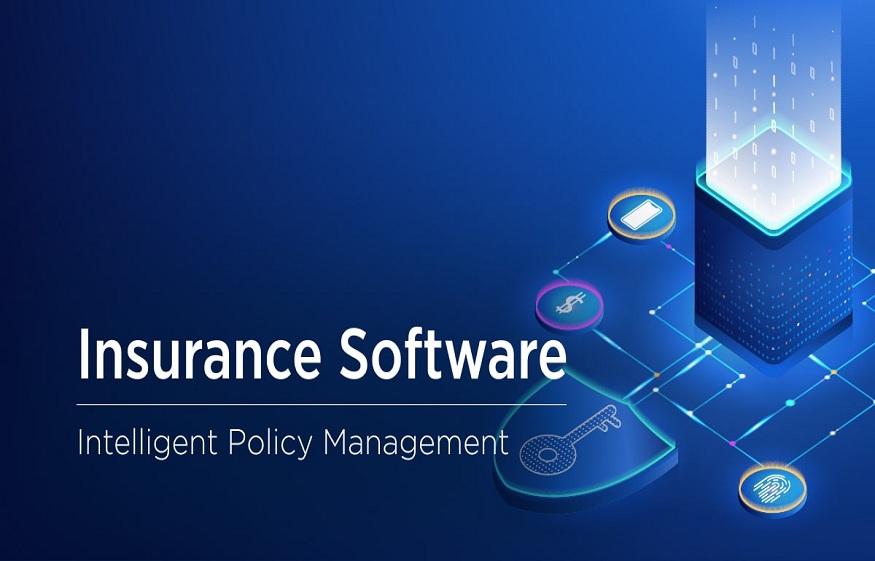3 Key Features Every Insurance Policy Administration Platform Should Have

Managing insurance policies isn’t what it used to be. You’ve got more customer expectations, stricter regulations, and a mountain of data that needs to be handled with precision. Whether you’re overseeing policy issuance, billing, claims, or compliance, one small error can throw a wrench into the whole system. And if you’re still relying on outdated tech—or worse, a patchwork of tools duct-taped together—then you’re likely feeling the pressure more than ever. That’s why it’s vital to have the right Insurance Policy Administration Software.
However, not all platforms are built the same. Some look sleek on the surface but crumble under the weight of real-world insurance processes. Others may be solid on the back-end but are so clunky your team avoids using them unless absolutely necessary. So how do you know what truly matters when choosing or upgrading your policy admin platform? It all comes down to three key features. Keep reading.
1. Flexibility for Product Configuration
You know how unpredictable the insurance landscape can be. One day you’re offering standard auto coverage, the next you’re trying to roll out a new bundled product with telematics discounts and weather-based triggers. If your platform can’t keep up with that kind of innovation, you’re stuck.
A flexible configuration engine lets you build and modify products without calling in a dev team every time. Want to change the underwriting rules? Tweak a rating factor? Add a new rider? With the right system, that should be doable from the admin panel: not buried in code.
2. Seamless Integration Capabilities
Let’s be real for a second, your policy admin platform doesn’t exist in a vacuum. It needs to play nicely with a bunch of other systems: CRM, billing, claims, document management, payment gateways, fraud detection tools, regulatory databases—you name it. If your software can’t talk to these systems, then you’re going to have a lot of angry employees juggling spreadsheets and rekeying data.
A solid insurance policy administration software should offer open APIs and integration-friendly architecture. Your underwriters shouldn’t have to leave one system to check policy data in another. And your customers? They definitely shouldn’t feel like they’re dealing with ten different companies just to get one thing done.
Also, integrations make your data more powerful. When platforms work together, you get cleaner insights, stronger reporting, and better decisions across the board. So if your current system is basically an island, it’s time to build some bridges—or better yet, switch to one that already has them.
3. Automated Workflows and Rules Engines
If you’re still handling renewals, endorsements, or quote approvals manually, let me ask you—why? Manual processes are time-consuming, error-prone, and frankly, a massive drain on your team’s energy. Automation doesn’t just save time—it changes the game entirely.
A great policy admin platform lets you build rules-based workflows that handle repetitive tasks with zero human input. New policy comes in? The system checks underwriting rules, applies the correct pricing model, generates the docs, and pings the customer. Boom—done. It’s like giving your team a few extra sets of hands (minus the coffee breaks).
Automation also improves compliance. Rules engines can ensure that nothing goes live without meeting internal guidelines or external regulations. That’s huge when you’re dealing with different states, products, or customer segments.
Now, that doesn’t mean you’re taking the human touch out of insurance. Quite the opposite. By automating the boring stuff, your team gets more time to focus on high-value tasks—like helping customers, developing new products, or fine-tuning strategy. It’s a win across the board.
Wrapping Up
Building or buying the right insurance policy administration software will help you solve real problems that you and your team face every day. At the end of the day, the best policy admin platform is one that gets out of your way and lets you do what you do best: deliver great insurance products and exceptional service. Everything else? That’s just noise.






